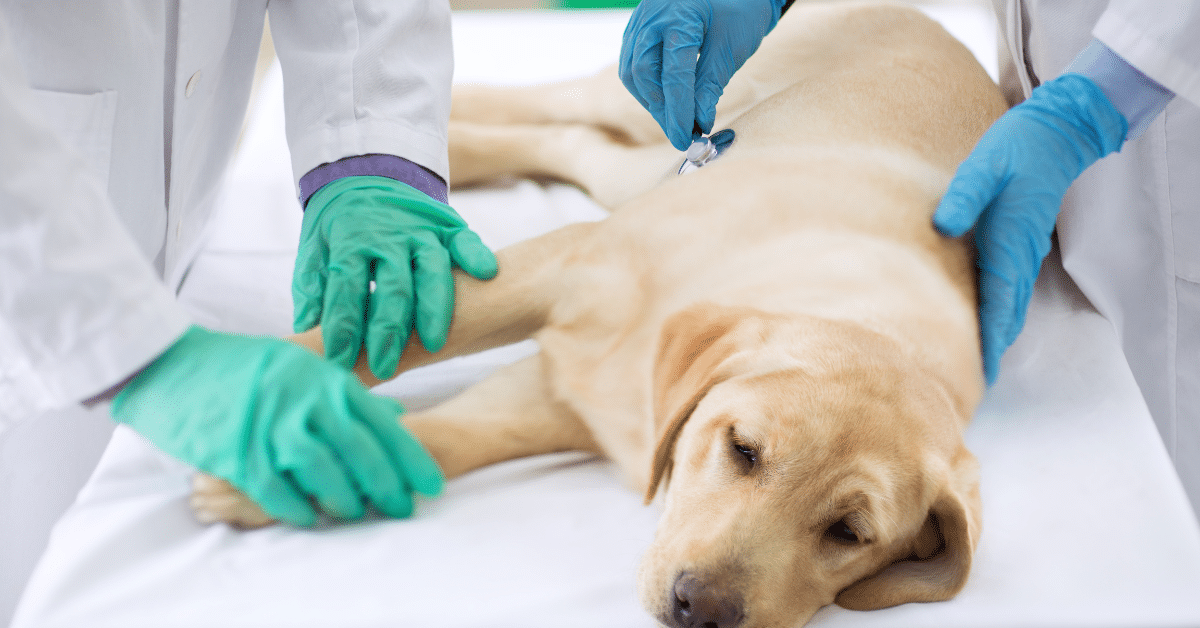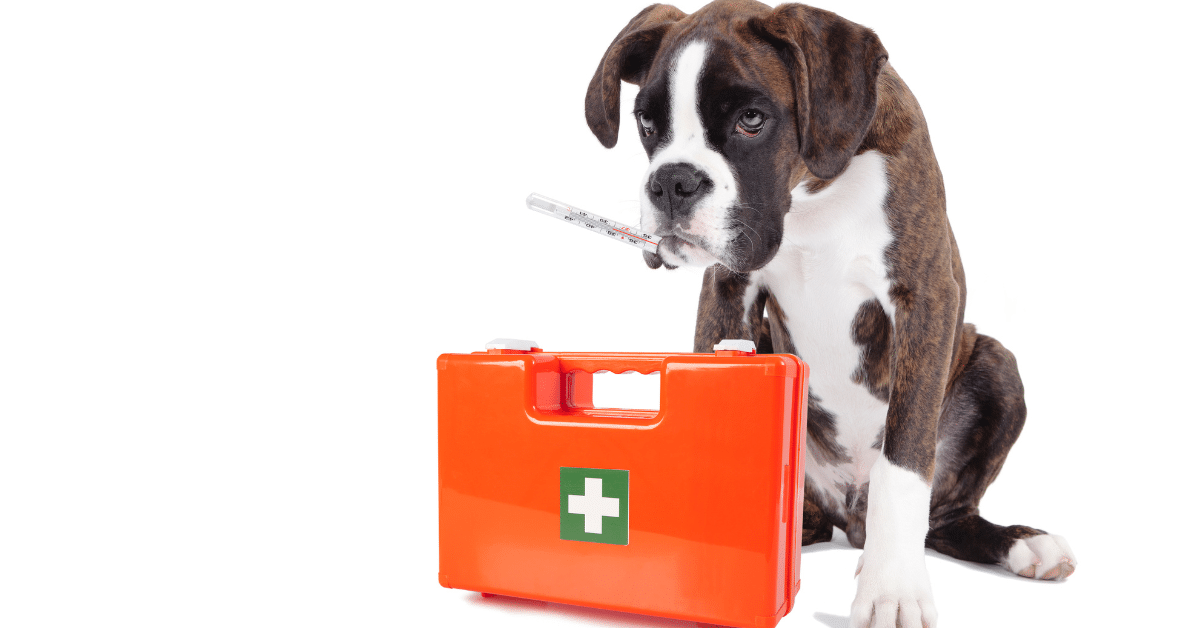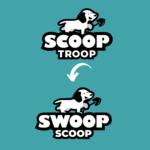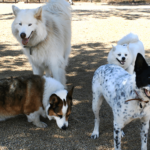Think Your Dog Has Worms? Do These Things
Written by Pet Scoop – Longmont, CO Dog Poop Removal Service
If you own a dog, it’s important to be aware of the signs that indicate your pet may have worms. Worms are very common in dogs and can cause a variety of health issues. Knowing the signs to look out for can help you catch an infection early, so your dog can be treated quickly and effectively.
Examine Your Dog’s Feces
One of the most important steps in figuring out if your dog has worms is examining your pup’s feces. This may not be the most pleasant of tasks, but it is necessary in order to identify any potential signs of a worm infestation.
When examining your dog’s feces, take a close look for any worms that may be present. Depending on the type of worm, you may be able to see the worms either in the stool itself or even crawling around it. You may notice segments of worms in the stool, which are known as egg packets. These egg packets can indicate the presence of hookworms and roundworms.
If you find any evidence of worms in your dog’s feces, it’s important to contact your vet right away for a proper diagnosis.
Notice Changes in Your Dog’s Appetite
If you notice that your pet is eating less than usual or is picky about its food, it could be a sign of an underlying health issue. It is important to be aware of changes in your dog’s appetite.
Worms are a common issue among dogs and can cause them to stop eating. If your pet is spending more time resting or sleeping than usual and is not interested in food, it is important to investigate further.

Check for Weight Loss
When it comes to detecting if your dog has worms, one of the most common signs is weight loss. This can be difficult to identify, as some breeds may naturally appear slim. However, if you’ve noticed that your pup has lost a lot of weight in a short amount of time, it could be a sign that he has worms.
To get an accurate reading of your dog’s weight, use a bathroom scale and place your dog on it while they are facing forward. By keeping track of his weight on a chart, you’ll be able to identify any significant changes more easily. A simple check of your dog’s weight can be a helpful indicator of potential worm presence.
Look for Coat and Skin Problems
Changes to your pup’s coat and skin can range from minor to severe. When your pup has worms, they may experience some or all of the following issues with their coat and skin:
- Dull Coat
- Hair Loss
- Rashes and Irritation
- Excessive Scratching
- Unusual Odor

Consult with a Veterinarian
Modern veterinary medicine has made it relatively easy to detect if your dog may have worms. A thorough physical examination from a veterinarian can provide an accurate assessment of the issue.
During the examination, the veterinarian will look for signs of tapeworms and roundworms, such as eggs in the feces. Additionally, the vet may order a stool sample to be sent to a laboratory for testing. If worms are present, the vet will recommend a medication to treat the infection and clear the worms from the dog’s system. It is important to keep the dog on a regular deworming schedule as recommended by the vet to prevent future worm infections.
By knowing what to look for, you can quickly and accurately detect if your dog has worms and initiate the best course of treatment.






